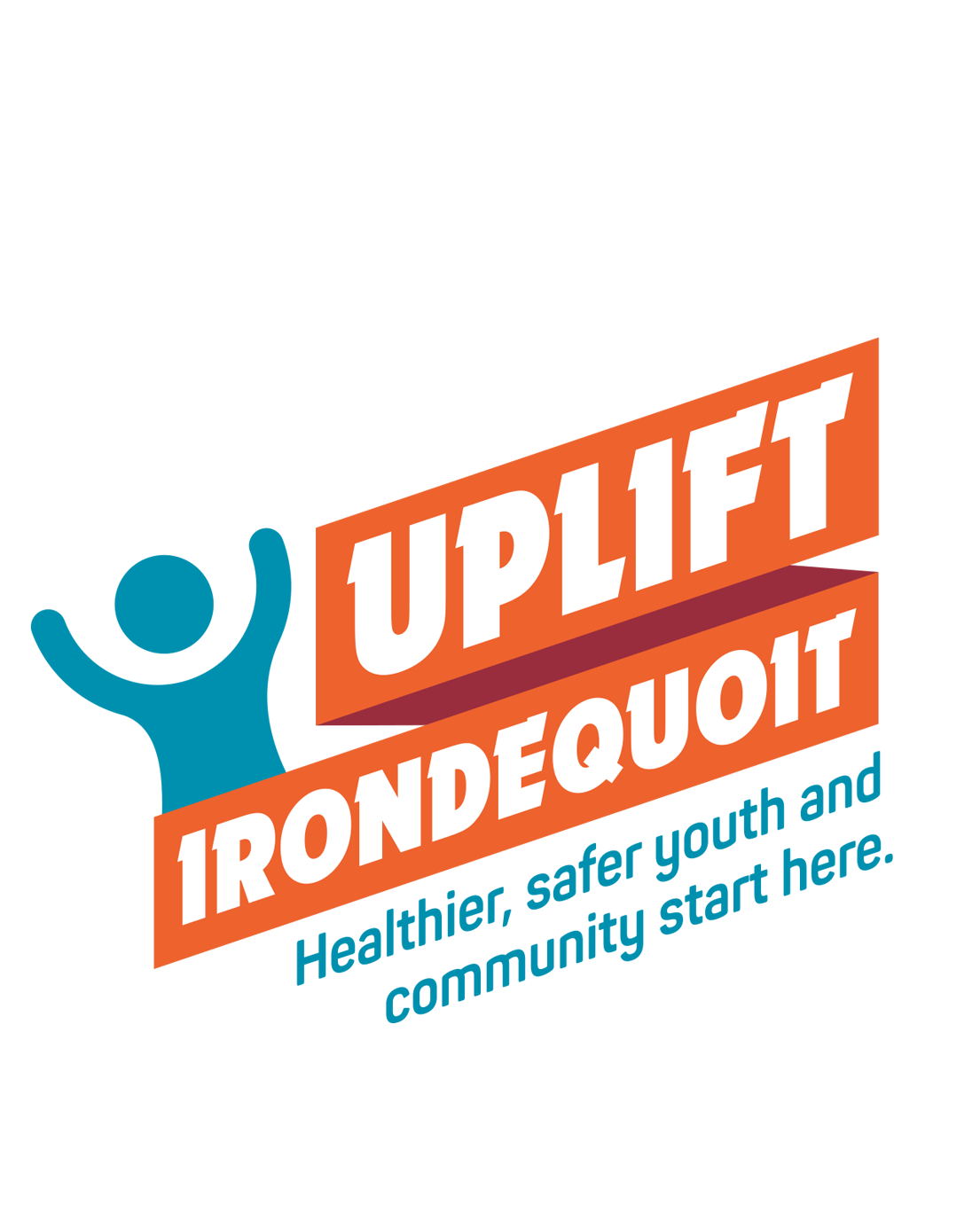
Even the smallest amount of THC can impair your boating skills and put you and other boaters at risk.
This poses a risk to everyone on the water. That’s why NYS has laws and regulations for Boating Under the Influence. Boating, similar to driving, while impaired by any substance, legal or illegal, puts you and others on the water in harm’s way. Make the smart choice and boat sober.
Cannabis laws, risks on the water
The Laws and Consequences
New York law prohibits operating a boat or other watercraft "propelled in whole or in part by mechanical power" while under the influence of drugs or alcohol. NYS also has a Zero Tolerance Law for operators under 21 years of age. This means any detectable amount of alcohol in their system is illegal.
New York has several classifications of boating under the influence:
-
A drug-BWAI involves boating while impaired to "any extent" by drugs.
-
Description text gA BWI involves boating while impaired to a "substantial extent" by drugs or alcohol.oes here
-
Generally, a per se BUI is defined as boating with a BAC of .08% or more. But for someone operating a "public vessel"—a boat being used for commercial purposes—it's possible to get a per se BUI with a BAC of .04% or greater.
-
Generally, a per se BUI is defined as boating with a BAC of .08% or more. But for someone operating a "public vessel"—a boat being used for commercial purposes—it's possible to get a per se BUI with a BAC of .04% or greater.
Penalties: Penalties for BWI may include fines, suspension of boating privileges, imprisonment, and revocation of boating licenses. BUI penalties depend on which classification a boater is convicted of and whether the offender has any prior BUI or driving-under-the-influence convictions.
Other Potential Legal Risks
Random Safety Inspections: Law enforcement officers have the authority to conduct random safety inspections of vessels, including testing boat operators for alcohol or drug impairment.
Open Containers: It is illegal for anyone on board a vessel to possess an open container of alcohol, with some exceptions for vessels anchored or docked.
Public Intoxication: In addition to BWI laws, individuals may also be charged with public intoxication if they are found to be intoxicated while operating a vessel or in control of its operation.
Increased Penalties for Repeat Offenders: Penalties for repeat BWI offenses are typically more severe, including longer license suspensions, higher fines, and possible imprisonment.
These laws are in place to promote safety on the water and to reduce the risk of accidents and injuries caused by impaired boating. It's important for boaters to understand and comply with these regulations to ensure the safety of themselves and others while enjoying New York's waterways.
The Risk
It is important to realize that on the water, even small amounts of THC, alcohol or other substances may greatly impair one's ability to function in three critical areas: balance, coordination, and judgment. Compound this with environmental stressors such as glare, heat, vibration, and engine noise and you can become quickly fatigued, greatly slowing your reaction time. Your ability to judge speed and distance are also impaired which can limit your ability to track moving objects.
To help keep you, your passengers, and other vessel's passengers safe, waterways in New York are patrolled by specially trained federal, state, and local law enforcement agencies to enforce navigation law. To avoid injury to friends and family, familiarize yourself with New York's boating laws. It's the best way to avoid a ticket or having your trip terminated by law enforcement.
https://parks.ny.gov/boating/law-enforcement.aspx
Resources
You can’t drive safely if you’re impaired. That’s why it’s illegal everywhere in America to drive under the influence of alcohol, marijuana, opioids, methamphetamines, or any potentially impairing drug–prescribed or over the counter.
Learn the latest research on drug-impaired driving, misconceptions about marijuana use, and what you can do to make smarter choices to drive safely.
Campaign Support
This campaign is supported by the Office of National Drug Control Policy (ONDCP) and the Centers for Disease Control and Prevention (CDC) of the U.S. Department of Health and Human Services (HHS) as part of a financial assistance award funded by ONDCP. The contents are those of the author(s) and do not necessarily represent the official views of, nor an endorsement, by ONDCP, CDC/HHS, or the U.S. Government.



